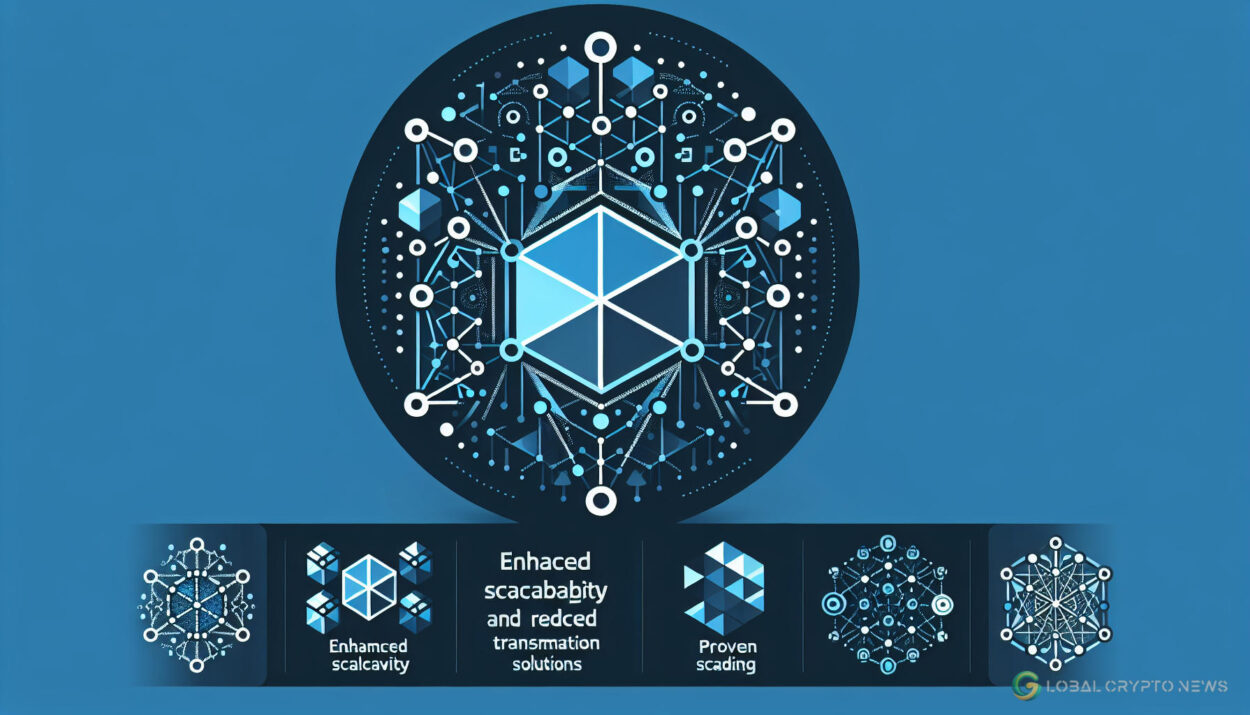The recent Dencun upgrade was successfully implemented on the Ethereum mainnet on March 13 at 1:55 pm UTC. This highly anticipated hard fork is poised to reduce transaction fees on layer-2 networks and enhance Ethereum’s scalability.
Arthur Breitman, co-founder of the Tezos blockchain, noted that while the Dencun upgrade is a positive step, it may not address all the limitations of layer-2 solutions. He emphasized that the upgrade extends the data usable by rollups on Ethereum, potentially lowering transaction costs. Despite this progress, rollups on Ethereum still face throughput constraints and centralization challenges.
The Dencun hard fork incorporates nine Ethereum Improvement Proposals (EIPs) and merges the Cancun upgrade for the execution layer with the Deneb upgrade for the consensus layer. The Cancun upgrade focuses on transaction management and processing, while the Deneb upgrade aims to enhance the consensus layer for improved network agreement.
One of the key features of the Dencun upgrade is the introduction of data blobs through EIP-4844, also known as proto-danksharding. This enhancement aims to improve data availability and reduce layer-2 transaction fees, positioning Ethereum as a scalable settlement layer.
Despite these developments, the fee reductions from the upgrade will not directly impact Ethereum mainnet users in the short term. Users looking to benefit from lower fees may need to compromise on decentralization and security by transacting on layer-2 solutions. However, Ethereum mainnet transactions are still considered the preferred choice for application-specific purposes, especially for high-value transactions.
Currently, gas fees on the Ethereum mainnet remain high, with an average swap costing $86.15 in gas fees and nonfungible token sales averaging $145.60. As the ecosystem continues to evolve, users may explore alternative solutions while Ethereum remains a prominent platform for various applications.
The Dencun upgrade signifies a significant milestone in Ethereum’s development journey, offering potential benefits for scalability and transaction cost reduction. As the ecosystem evolves, users can expect further improvements and enhancements to the Ethereum network.






















